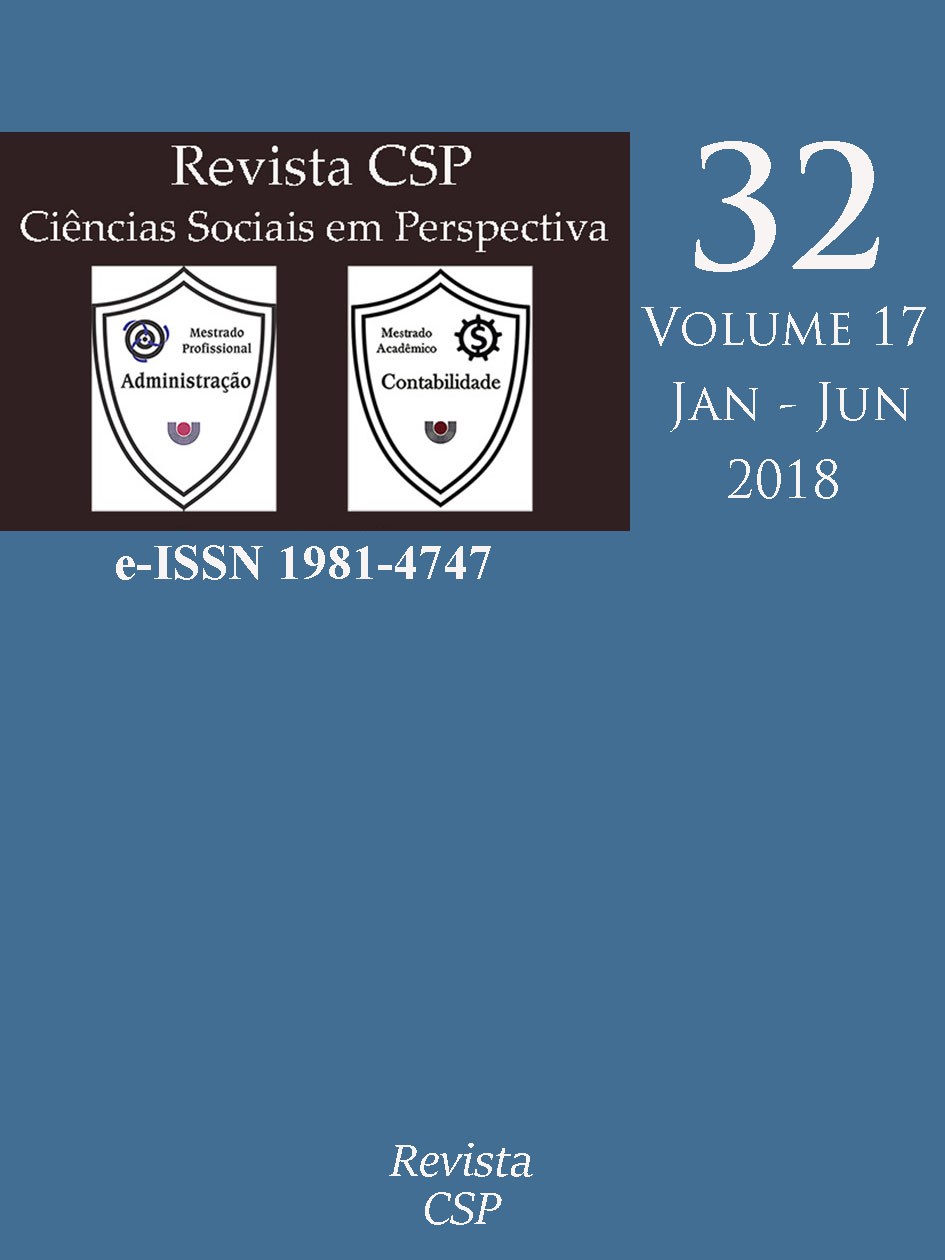What happened to Beyond Budgeting?
DOI:
https://doi.org/10.48075/revistacsp.v17i32.13573
Supporting Agencies
Abstract
The use of the budget as artifact management is a practice rooted in the culture of most organizations around the world and when an organization does not have a budget process seems to be out of standard best management mode. However, given the rapid and constant changes in the environment in which businesses are located, it is possible that the budget does not satisfactorily meet the information needs, especially with regard to performance improvement. Created in England, the Beyond Budgeting advocates the elimination of the budget and suggests the adoption of a flexible process management, with periodic review of targets and constant monitoring, so that when transferring autonomy in the use of resources to teams, they have responsibility for decisions about the fate of these resources, reducing waste and increasing efficiency in the use of these. Given this context, the objective of this work is to verify the publications on this subject, from the viewpoint of bibliometrics, conveyed in conferences and journals between 2000 and 2015. The results show low job placement on the Beyond Budgeting in conferences and journals related to the field of Accounting. Factors such as culture, structure of organizations, beliefs and myths may explain the low adherence innovative model proposed by the Beyond Budgeting.Downloads
Download data is not yet available.
Downloads
Published
28-06-2018
How to Cite
EBERLE, V.; FRANCO, C. K.; SOKULSKI, C. C. What happened to Beyond Budgeting?. Revista Ciências Sociais em Perspectiva, [S. l.], v. 17, n. 32, p. 42 a 58, 2018. DOI: 10.48075/revistacsp.v17i32.13573. Disponível em: https://saber.unioeste.br/index.php/ccsaemperspectiva/article/view/13573. Acesso em: 3 jul. 2025.
Issue
Section
Artigos
License

This work is licensed under a Creative Commons Attribution-NonCommercial-ShareAlike 4.0 International License.
Aviso de Direito Autoral Creative Commons
Política para Periódicos de Acesso Livre
Autores que publicam nesta revista concordam com os seguintes termos:
1. Autores mantém os direitos autorais e concedem à revista o direito de primeira publicação, com o trabalho simultaneamente licenciado sob a Licença Creative Commons Attribution que permite o compartilhamento do trabalho com reconhecimento da autoria e publicação inicial nesta revista.2. Autores têm autorização para assumir contratos adicionais separadamente, para distribuição não-exclusiva da versão do trabalho publicada nesta revista (ex.: publicar em repositório institucional ou como capítulo de livro), com reconhecimento de autoria e publicação inicial nesta revista.
3. Autores têm permissão e são estimulados a publicar e distribuir seu trabalho online (ex.: em repositórios institucionais ou na sua página pessoal) a qualquer ponto antes ou durante o processo editorial, já que isso pode gerar alterações produtivas, bem como aumentar o impacto e a citação do trabalho publicado (Veja O Efeito do Acesso Livre).
Licença Creative Commons
Esta obra está licenciada com uma Licença Creative Commons Atribuição-NãoComercial-CompartilhaIgual 4.0 Internacional, o que permite compartilhar, copiar, distribuir, exibir, reproduzir, a totalidade ou partes desde que não tenha objetivo comercial e sejam citados os autores e a fonte.





